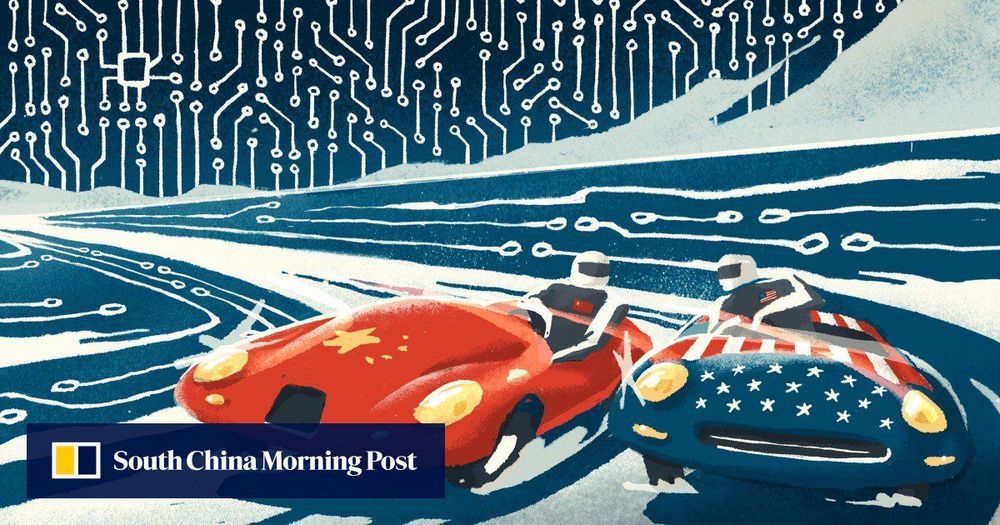Thinking With X ~ David Orban
We are convinced, through the collective narrative leveraging our scientific understanding, that we think with our brains. While that is true, there is much more: some of us think with our stomach, an sculptor will think with her hands, a ballet dancer with her entire body. Our proprioception extends feedback loops outside of the body, extending what we are, how we think and decide, to to tips of an airplane we are piloting. As we are going to be more and more thinking with AI systems, that will support us in interpreting and acting on the world, the responsibility of user interaction designers is huge. They are shaping the systems that are going to shape what we are.







